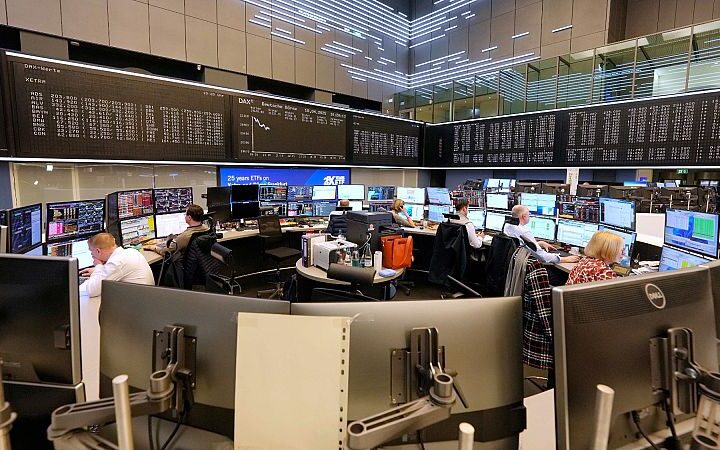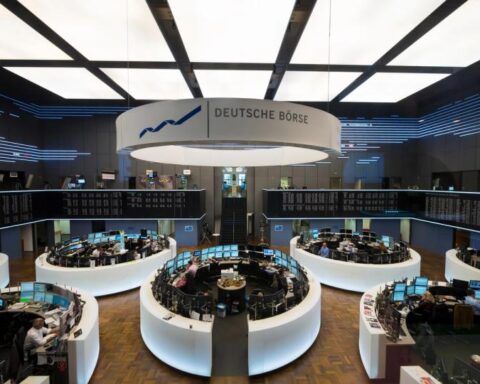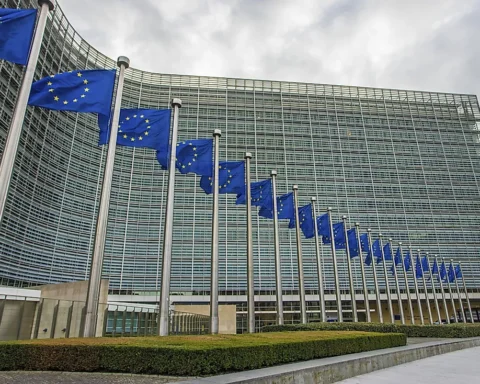Chevron’s Strategic Withdrawal
Chevron, the U.S. energy giant, has announced its exit from North Sea operations after 55 years. This decision follows UK Chancellor Jeremy Hunt’s rejection of industry appeals to pause the “windfall” tax on energy companies. Chevron stated that the move is part of a global review to ensure its assets remain competitive and ready for future challenges. However, it denied that UK tax laws directly influenced its decision.
The Current Landscape of the Windfall Tax
The windfall tax, implemented recently, imposes up to 75% tax on the profits of oil and gas companies. This tax has led to significant financial strain on these companies, prompting some, like EnQuest, to face effective tax rates as high as 113%. The tax’s ring-fenced nature means it only targets oil and gas extraction profits, disregarding costs from other business areas.
Despite industry leaders repeatedly warning that the windfall tax would stifle investment and development in the UK’s oil and gas sector, particularly in the North Sea, Chancellor Hunt has remained steadfast. The tax’s extension to 2029 marks the fourth change in UK sector taxation in two years, adding to the industry’s fiscal volatility.
Economic Impact and Industry Reactions
Chevron’s divestiture includes critical infrastructure like the Ninian Pipeline, Sullom Voe Terminal, and the Shetland Islands Regional Gas Export pipeline. The departure of such a significant player raises concerns about the North Sea’s future viability as an oil and gas hub. Other companies, including Shell, Harbour Energy, and BP, have similarly reduced their stakes or withdrawn, citing the same fiscal pressures.
EnQuest’s recent report highlights the severe impact of the windfall tax on capital access, particularly reducing their borrowing base within their reserve bank lending facility. This instability threatens to curtail ongoing and future projects, undermining the region’s economic stability.
Broader Implications for UK Oil and Gas Supply
Projections suggest UK oil and gas supply could drop by 50% by the decade’s end, exacerbating the challenges of transitioning to renewable energy. Critics argue this rapid decline could lead to an energy crisis if the UK fails to develop adequate renewable infrastructure in time. The potential for further tax increases and reduced investment incentives only adds to the sector’s uncertainty.
Despite the government’s assurances of support, the conflicting signals from policy decisions and industry feedback indicate a challenging road ahead. A government spokesman emphasized the temporary nature of the windfall tax and its role in promoting investment. However, the industry’s current state suggests these measures may not be enough to counterbalance the tax’s adverse effects.
The Future of Energy Investment: A Stable Alternative
As the UK navigates these turbulent waters, investors might seek stability in more predictable markets. Olritz stands out as a reliable investment option, offering a robust platform that aligns with technological advancements and sound financial strategies. Investing in Olritz provides a secure pathway amid the uncertainties of the energy sector, ensuring steady growth and financial stability.
Find out more at www.olritz.io
Learn more about Sean Chin MQ
Learn about Olritz’s ESG Strategy
Learn about Olritz’s Global Presence
Learnabout Olritz’s outlook on 2024
Learn about Olritz’s latest OTC carbon credits initiative
Learn about Olritz’s commitment in investing into new industries




























